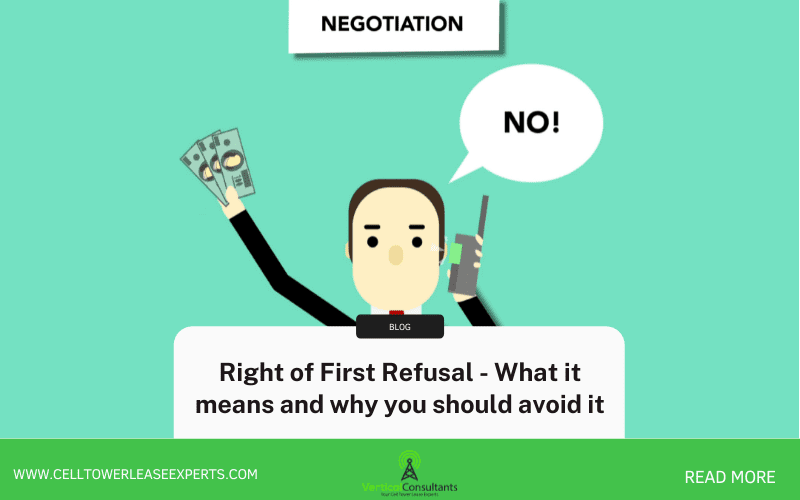The Right Of First Refusal (ROFR) is an interesting contract clause that gives one party the chance to enter into a business arrangement with another before any other person or company can. If they decline, their competitors will be able to take over those deals instead; however, it may limit what potential buyers could offer as compensation if interested parties compete for the said property. Here’s what the internet says about this.
Why Should You Avoid It?
The right of first refusal is an unhelpful restriction for property owners since it limits their ability to negotiate with multiple buyers, who in turn could drive up prices due to a bidding war. The Landlord knows that the current tenant always gets preference when there’s more than one potential candidate available at any given time; this could lead to financial losses for the Landlord. In other words, the more people that have an opportunity to buy, the higher your price will be. Giving someone the first option could unintentionally lower it for you.
Why Buyers Should Avoid It
There are some drawbacks for buyers as well: Limited decision window. The typical ROFR agreement has a time limit, so when the seller decides to put their property up for sale, and it’s something you want, there isn’t much time before you to decide and you don’t know when another opportunity will come along.
A Fixed Contract Price Could Hurt
If there is a specific price point laid out in the contract and market prices go above what was originally agreed upon, then not only are your margins being pushed back by inflation but there could be even more money left on the table than expected. This could be a huge disadvantage for sellers.
It Could Cause Lending Issues
With a right of first refusal, you can’t get loans for your property if it has been pledged as collateral. The existence of this clause will also make lenders and major mortgage investors uncomfortable because they don’t want any risk associated with their investment – especially when there’s no guarantee that whoever buys the property would actually pay off what was originally loaned.
Kindly head over to our website for more information.




